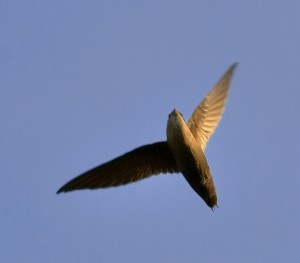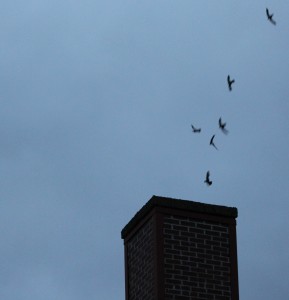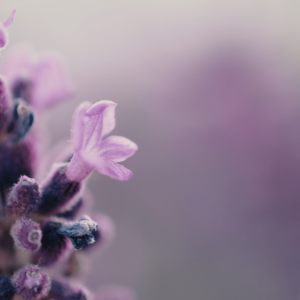Join us for a Swift Evening Out in Ottawa!
Join Nature Canada for a Swift Evening Out in Ottawa on Wednesday, August 12th, at 7pm in the parking area of the Dalhousie Community Centre, at 755 Somerset Street West in Ottawa’s Chinatown (map here and below). This event will showcase the aerial acrobatics of the Chimney Swift, one of Canada’s most amazing species at risk. As their name suggests, these phenomenal migratory birds nest and roost in chimneys, as well as air ducts and other human structures. Because they are so closely associated with human structures, it’s relatively easy to see Chimney Swifts in towns and cities across eastern Canada. And if you know where to look, it’s easy to watch them return – en masse – to their roosts at dusk. That’s where the idea for Swift Evening Out comes from!
Using an approach similar to public ‘Swift Night Out’ events held by naturalist groups elsewhere in the Chimney Swift’s breeding range (e.g., the Nove Scotia-based Blomidon Naturalists Society), Nature Canada saw an opportunity to introduce residents of the National Capital Region to these oft overlooked and at-risk urban neighbours. Fortunately, the National Capital Region is home to several important Chimney Swift roosts, some of which harbour more than 200 birds each night during the late spring and early summer. Chimney Swifts are considered Threatened under Ontario’s Endangered Species Act and Canada’s Species at Risk Act.
Our first Swift Evening Out event will begin in the parking lot of the Dalhousie Community Centre but will transition to the Dominican University College campus where we can watch the Chimney Swifts dive headfirst in unison into their nighttime roost – at 60 kilometres per hour! While the ‘main event’ will wrap up around 8:30pm, you are welcome to stay with us until after 9pm to try to get an accurate count of the birds entering the roost. At this time of year we are just on the cusp of the Swifts’ southward migration and we anticipate a large number of birds to be present; they typically form large flocks that move together during their southward journey to the wintering grounds in northeastern South America. RSVP for the event using EventBrite.

Chimney Swifts are sometimes called ‘flying cigars’ due to the shapre of their bodies while in flight. Photo by Jim McCulloch.
Of course, these birds haven’t always used chimneys and other human structures (including barns) for nesting and roosting. Prior to extensive human settlement in eastern North America, Chimney Swifts would have used large, hollow standing dead trees, shallow caves and other natural sites as roosts. In fact, it’s sometimes possible to still find Chimney Swifts using such roost sites in the wild where suitable old-growth forest habitats exist. Whatever the case, with the loss of their natural habitats Chimney Swifts have brilliantly adapted to using large chimneys for roosting and nesting. They are truly dependent on humans and our structures. But there’s just one problem: the large chimneys that make the best habitat for Swifts are also in decline. With historic buildings and factories – and their chimneys – being demolished in cities and towns across the continent, in addition to many residential chimneys being capped, retrofitted and demolished, the Chimney Swift is even losing its artificial habitat. It’s tough to be a species at risk, even if you rely on humans for habitat.
Join us for this exciting event and learn more about these amazing birds, and what you can do to help them!
Financial assistance for this project has been provided by:


Need directions? The Swift Evening Out event will take place in the parking lot of the Dalhousie Community Centre, at 755 Somerset Street West, shown below:




